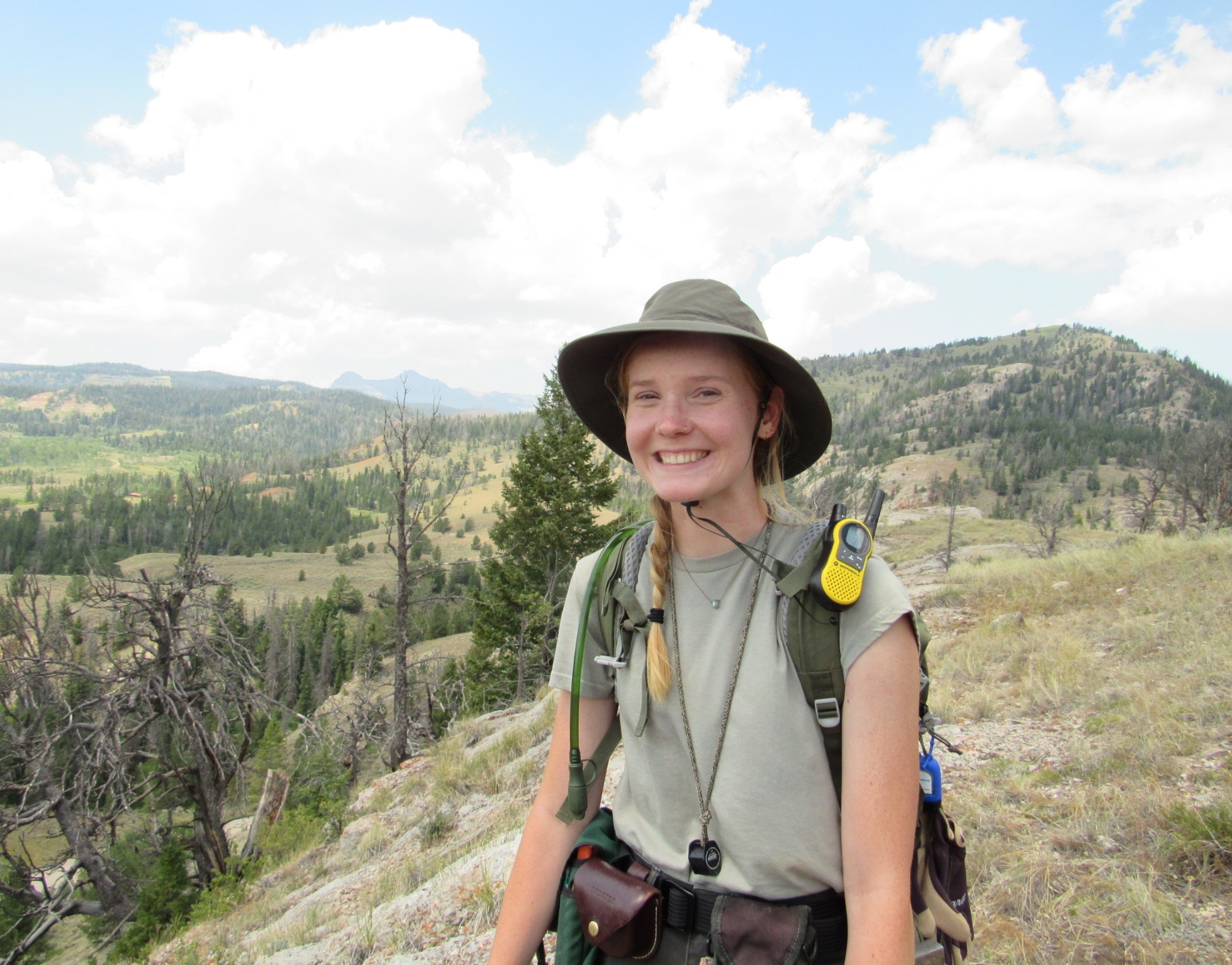Thanks to GSAF donors, every year students receive support to attend field camp through the J. David Lowell Field Camp Scholarship Program. Many students say that their field experiences bring to life the geology they studied in the classroom. However, the cost of field camp is often prohibitive and added expenses, such as equipment, leave many feeling that field camp is out of reach for them.
That’s where GSA members can make a meaningful difference. On Giving Tuesday, a global day of giving back, we kick off our efforts to provide field camp support for students with a $10,000 match. Challenging fellow GSA members, a generous donor will match one-to-one, up to $10,000, every gift made to the J. David Lowell Field Camp Scholarship Program between Giving Tuesday, 30 November, and New Year’s Eve, 31 December.
Help a student by making a gift on Giving Tuesday and keep an eye on your email, GSA’s social media, and this page for stories of impact as well as other ways you can be involved. Over the next few weeks, we will be posting stories from several of the 2021 recipients of the J. David Lowell Field Camp Scholarship. You can find the first story from Jessica Patrick below. Check back weekly on Thursdays for a new story through December.
**********************
 Jessica Patrick’s field camp through Miami University was a defining experience. She found great value in being required to apply everything she had learned over the previous four years in the classroom. She now feels confident in her ability to do field geology and learned that she wants her future career to include fieldwork. In short, field camp helped confirm she was in the right field of study.
Jessica Patrick’s field camp through Miami University was a defining experience. She found great value in being required to apply everything she had learned over the previous four years in the classroom. She now feels confident in her ability to do field geology and learned that she wants her future career to include fieldwork. In short, field camp helped confirm she was in the right field of study.
Where did you attend field camp?
I had an amazing time at Miami University’s Field Camp/Station. During the course of five weeks, two of which I spent under the stars (camping), I traveled to Yellowstone National Park, Montana/Wyoming; Quake Lake, Montana; Sun Canyon, Montana; and areas surrounding Dubois, Wyoming.
How did COVID-19 affect your experience of field camp?
I had originally planned on taking field camp during the summer of 2020, but it was cancelled and moved online for graduating seniors only (I was a junior). This past summer (2021) I was lucky enough to be able to take the course in person. The start of field camp was pushed back to allow everyone time to get vaccinated, which also changed the itinerary. Other than that, COVID-19 did not have a big impact on my experience due in part to the numerous precautions my professors implemented.
What did receiving the J. David Lowell Field Camp Scholarship mean to you?
I am honored to have received the J. David Lowell Field Camp Scholarship. Thanks to the scholarship my financial burden of attending field camp was greatly lessened. The initial cost of field camp (~$6,000) plus my inability to work during the course would have taken a great financial toll on me. I was able to focus each day on the task at hand instead of worrying about my financial situation.
What did that experience teach you about the geosciences, yourself, and your future career?
After field camp, I now feel confident in my ability to map. I am now able to look at a regional or outcrop scale rock formation, thoroughly describe it, and make inferences about its tectonic evolution and how the different rock structures came to be. I can also map geologic areas, draw cross-sections, and take strike and dip. I developed better listening, communication, teamwork, time management, and visualization skills. In a professional sense, I became a more independent thinker and learner, which can be applied to all jobs. I have confidence in my newfound skill set and believe field camp has prepared me to become a well-rounded geologist who is capable of completing fieldwork at the graduate level (currently I am an M.S. student at Auburn University). Overall, field camp taught me that I am more capable than I thought.
What opportunities did attending field camp provide that you wouldn’t have had otherwise?
For five weeks, all I did was hike, map, interpret data, eat, and sleep. I had never had the opportunity before field camp to simply focus only on the current task at hand with no distractions. I learned an immense amount during this time and will forever cherish my time spent in the field. From this experience, I can say with certainty that I want my future career to incorporate some aspect of fieldwork.
In your opinion, how important is field camp for geoscience students?
Field camp is extremely important for a geoscience student because it is a course that forces the student to apply what they learned in the classroom in the field. Sitting in a lecture and hearing about geology is completely different from seeing it in person. It’s the course that helped me solidify that I want to be a geologist.
Why should individuals support field camp opportunities for students?
Field camp was my next step in order to obtain my academic and professional goals, but financially is a very steep price for a college student to pay. By supporting individuals at field camp, one is supporting the next generation of geoscientists that will help shape the future as we know it.
